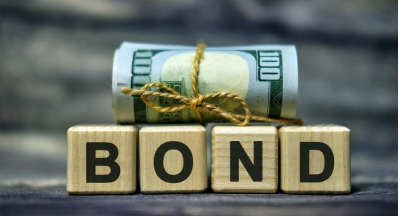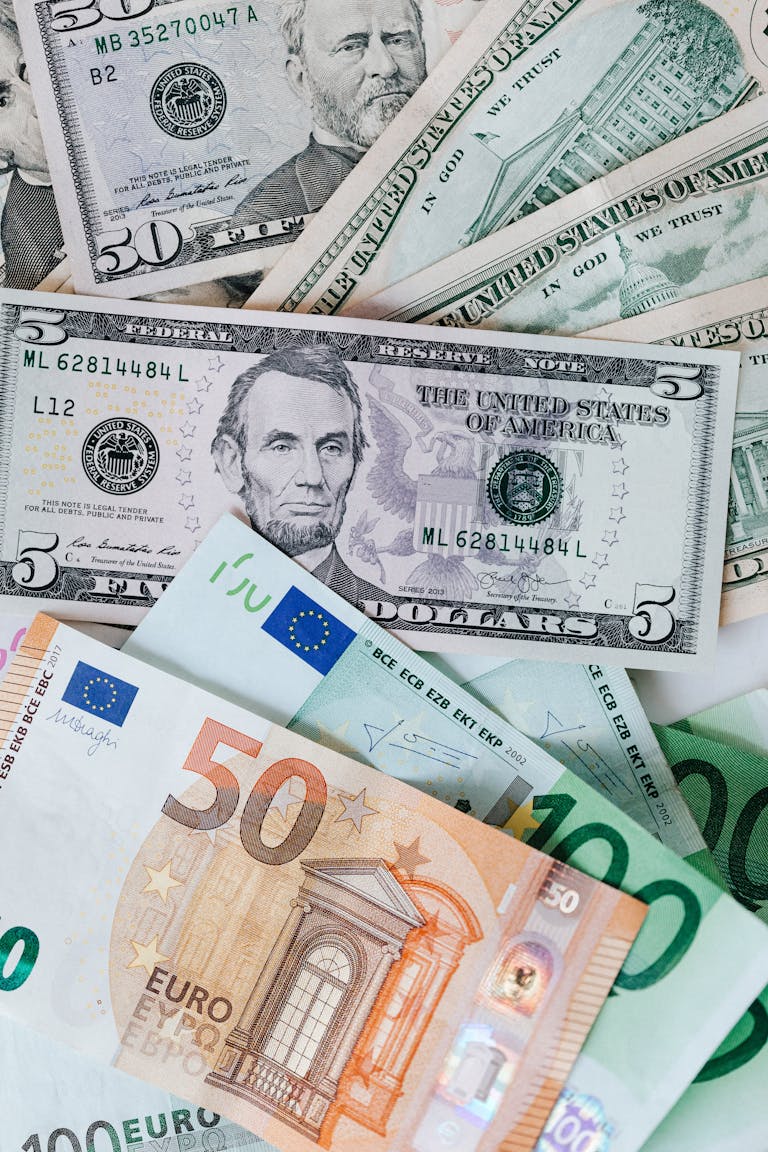Investing in Treasury Bonds

So, you have taken over the investments for your parents (or yourself). Let’s discuss Treasury Bonds and how they can be a great investment.
Treasury bonds offer both interest income and preservation of principal. This is the highest quality investment you can buy with the full faith and credit backing of the U.S. government.
As of this writing (9/5/2024), a 3-month U.S. Treasury Bond is paying 5.08%. For now, that is a nice investment with very low risk. As the Federal Reserve looks to lower interest rates, future earnings will be reduced. Currently, there is an inverted yield curve (meaning short term interest rates are higher than longer term interest rates), so investing in longer maturities of 2 to 3 years won’t help you improve your interest earnings. See chart below of all the Fixed Income Offerings on the Schwab platform www.schwab.com/content/how-to-buy-treasuries.

When I invest for my parents, I am typically looking for bonds that are “par” bonds or “discounted” bonds (not premium bonds). Both par bonds and discount bonds are easier to explain to parents in their 80s.

Par bonds are bonds that are sold with the coupon and market interest rate are the same. In other words, you invested $1,000 at a 5% coupon (interest rate) and the market yield is also 5%. You will get 5% semi-annually and $1,000 of principal back at maturity.

Discount bonds are sold when the coupon rate is below the market yield rate. In this case the coupon is 5% and the market yield is 6%. The price the investor is willing to take is below the Par because the coupon is below market. But the investor will get par or $1,000 at the maturity.

Premium bonds are sold when the coupon rate is above the market yield rate. Investors are willing to pay more for the higher coupon, however, they will only get par or $1,000 at maturity.
It is always easier to buy a par bond or a discount bond because at the end of the term you receive the face value (in this example $1,000) at the end of the term. With a premium bond – while you get a higher interest rate or coupon during the term, you only get face value ($1,000) at maturity.
I hope this helps you make some purchases for yourself or your parent’s account. Next post will discuss Certificates of Deposit that can be purchased in a brokerage account.






